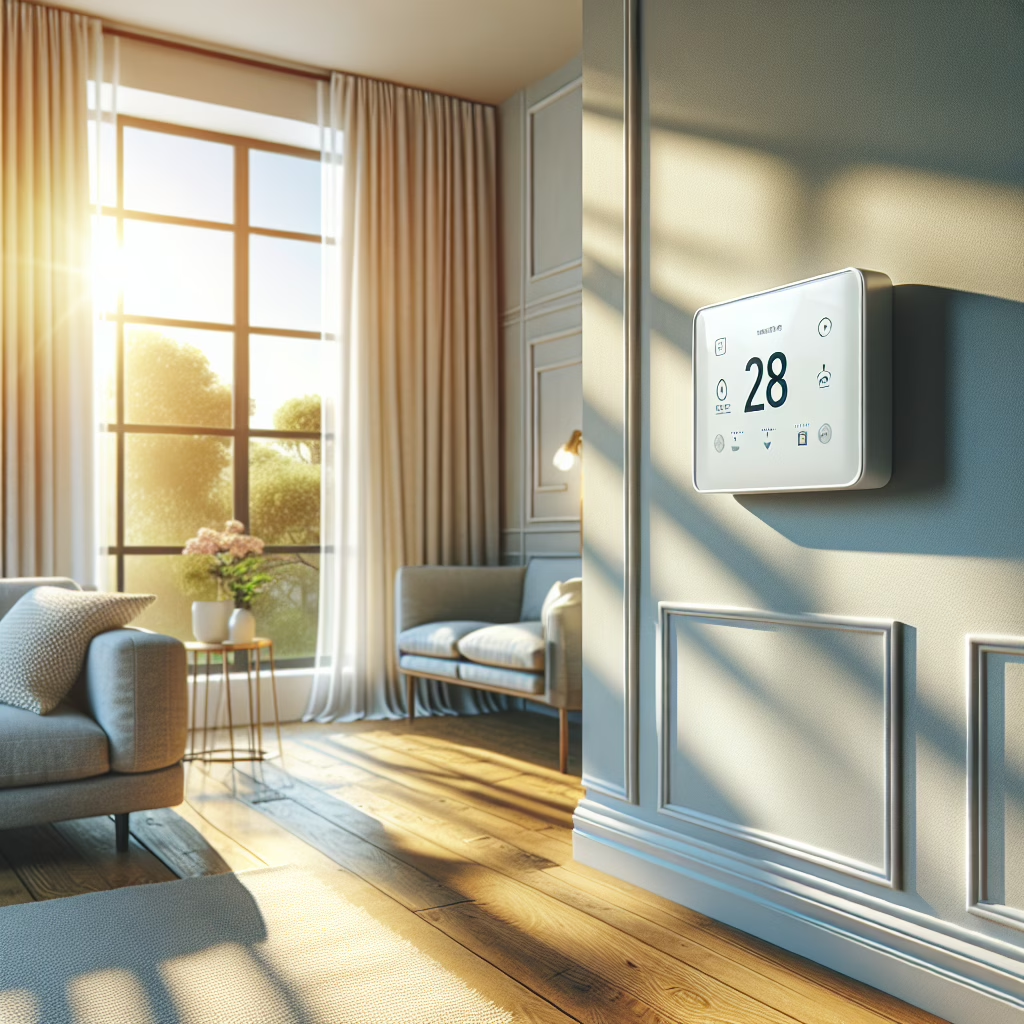In a surprising twist that feels like the plot of a tech soap opera, Google has decided to bid adieu to older Nest Thermostats in Europe. Yes, you heard it right! If you’ve been relying on your trusty Nest to keep your home cozy, you might want to brace yourself for some chilly news.
Goodbye, Old Friends: What Does This Mean for Nest Users?
As of now, Google has officially stopped supporting older models of Nest Thermostats, leaving many users wondering what they did to deserve such treatment. It’s like finding out your favorite TV show has been canceled without warning. But fear not, dear readers! This doesn’t mean you’ll need to resort to blankets and hot cocoa just yet.
The end of support doesn’t mean your thermostat will suddenly become a doorstop. It will still function as a basic temperature controller, but don’t expect any updates or fancy new features. Think of it as your thermostat entering retirement—it’s still there, but it’s not going to win any marathons anymore.
Why Did Google Pull the Plug?
In typical tech fashion, Google cited “evolving technology” as a key reason for this decision. It’s no secret that smart home devices are rapidly changing—new models are popping up faster than you can say “Wi-Fi connection.” So, while your old Nest Thermostats may feel like a beloved relic, Google is likely focusing on its shiny new models that promise better integration and features.
This move might sting a little, especially for those who have invested in older models. However, consider it an opportunity to upgrade to the latest and greatest. After all, who wouldn’t want a thermostat that learns when you’re home, plays nice with your other smart devices, and can even tell you the weather while making coffee? Okay, maybe not the coffee part…yet!
Navigating Your Options
So what should you do if you’re one of the many affected by this sudden shift? The obvious answer is to look into newer Nest Thermostats or alternative brands that offer similar features. Brands like Ecobee or Honeywell are ready to swoop in like superheroes to save the day! They not only boast great features but also promise a friendly user experience—because who wants a thermostat that acts like an angry cat?
- Ecobee: Known for its smart features and excellent customer service.
- Honeywell: Offers a wide range of models catering to various needs.
- finest features: Smart scheduling and remote control capabilities.
If you’re feeling nostalgic about your old Nest Thermostat, remember that change is hard but necessary. Embrace the upgrade! Think about all the extra features you’ll be gaining: improved energy efficiency, smart home integration, and perhaps even a snazzier design.
What About Those New Models?
As Google waves goodbye to older models in Europe, it’s also pulling back on selling new Nest Thermostats altogether in this region. So if you’re hoping to snag one at your local store, it might be time to adjust those expectations. Instead of browsing the aisles for a new model at your nearest retailer, consider shopping online where options abound.
The newer models have features that make them more appealing than their predecessors. They come equipped with better sensors and improved algorithms that learn from your habits. It’s like having a personal assistant who knows when you like it warm and when you prefer it cool (without judging your Netflix binges).
Final Thoughts: Embrace Change!
In conclusion, while the news about Google’s decision might feel like losing an old friend (you know, one who always made sure you were comfortable), it’s an opportunity for growth! Upgrading means enjoying all the perks of modern technology while saying goodbye to outdated versions. It’s the dawn of a new era in smart home management!
So gather up those fond memories of cozy evenings with your old Nest Thermostat and prepare for a bright future filled with smarter heating solutions! And hey—if nothing else works out, there’s always layering up with sweaters and socks!
We’d love to hear your thoughts! Have you upgraded yet? What are your feelings about this shift? Share your experiences in the comments below!
Special thanks to TechRadar for the original insights that sparked this discussion! For more information about Nest Thermostats, make sure to check out our detailed article on Nest products.

